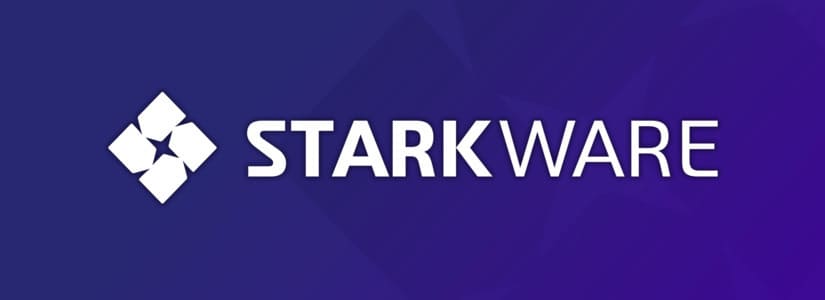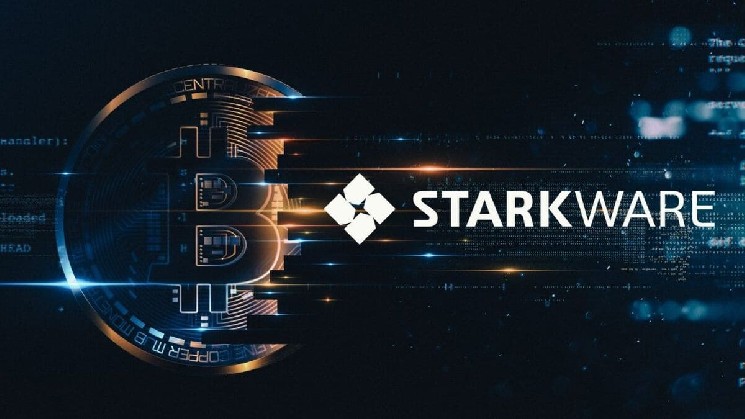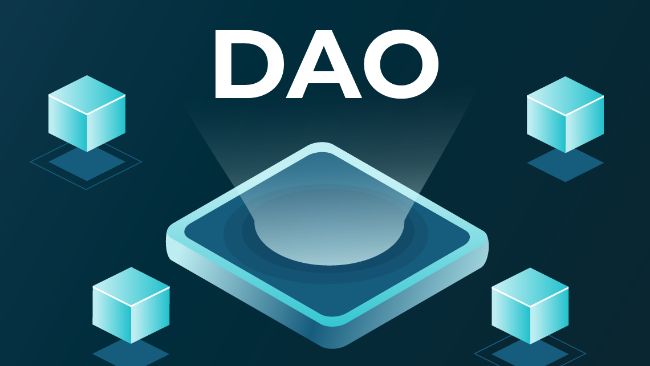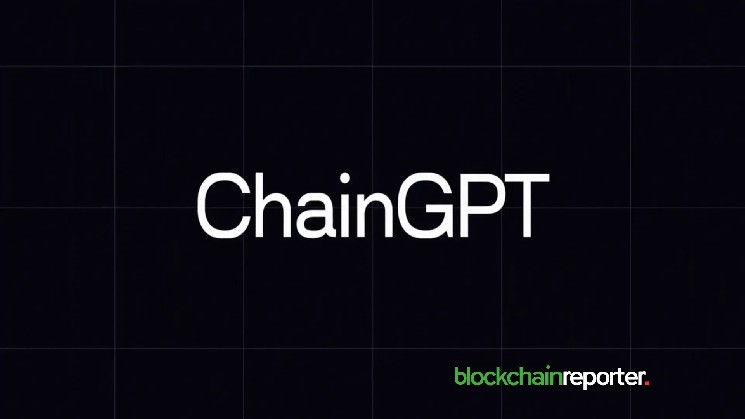TL;DR
- StarkWare developed ColliderVM, an architecture that enables the execution of complex smart contracts on Bitcoin without modifying its protocol.
- It uses hash collisions to reduce computational costs and eliminate locked guarantees, improving efficiency compared to methods like BitVM.
- It facilitates the integration of STARK proofs in Bitcoin by drastically reducing script size.
Researchers from StarkWare and the Weizmann Institute proposed a new architecture to implement complex smart contracts on Bitcoin without modifying the base protocol.
The system, named ColliderVM, aims to overcome the current limitations of Bitcoin’s scripting language, which restricts operations to simple calculations without memory of previous states. Unlike other proposals, ColliderVM allows processes to run securely across multiple transactions, introducing a stateful execution model that expands the ecosystem’s capabilities without compromising the network’s integrity.

StarkWare: A New Architecture for Bitcoin
The design uses a scheme based on hash collisions to reduce computational load and the amount of on-chain data required. This solution improves efficiency compared to previous methods like BitVM, which relied on fraud proofs and required operators to lock capital as collateral. ColliderVM avoids this requirement by lowering computational costs for honest users and increasing them for those who attempt to manipulate the system. This reduces the attack surface and promotes more cost-effective execution.

One of the project’s main goals is to make the verification of STARK proofs directly on Bitcoin viable. STARKs allow proving the validity of an operation without revealing the underlying data and without requiring a trusted setup. Until now, the size of the scripts needed to verify these proofs exceeded Bitcoin’s limits. ColliderVM proposes a substantial reduction of these requirements, bringing the possibility of practical integration closer.
Scaling Blockchains with Zero-Knowledge Proofs
Although the model does not completely eliminate the need for trust in certain participants, it significantly minimizes it. This sets it apart from current solutions like Liquid, which rely on a set of trusted validators. ColliderVM aims for an alternative closer to a trustless environment, although it still requires minimal honest cooperation between users to function properly.

The project results from a collaboration between researchers from StarkWare, Cloudflare, and Blockstream. Among its authors is Eli Ben-Sasson, one of the creators of the STARK system, who has long advocated the use of zero-knowledge proofs as the foundation for scaling blockchains without compromising security. According to the team, the proposal still needs adjustments but offers a realistic path to expand Bitcoin’s capabilities without altering its original design.













Leave a Reply